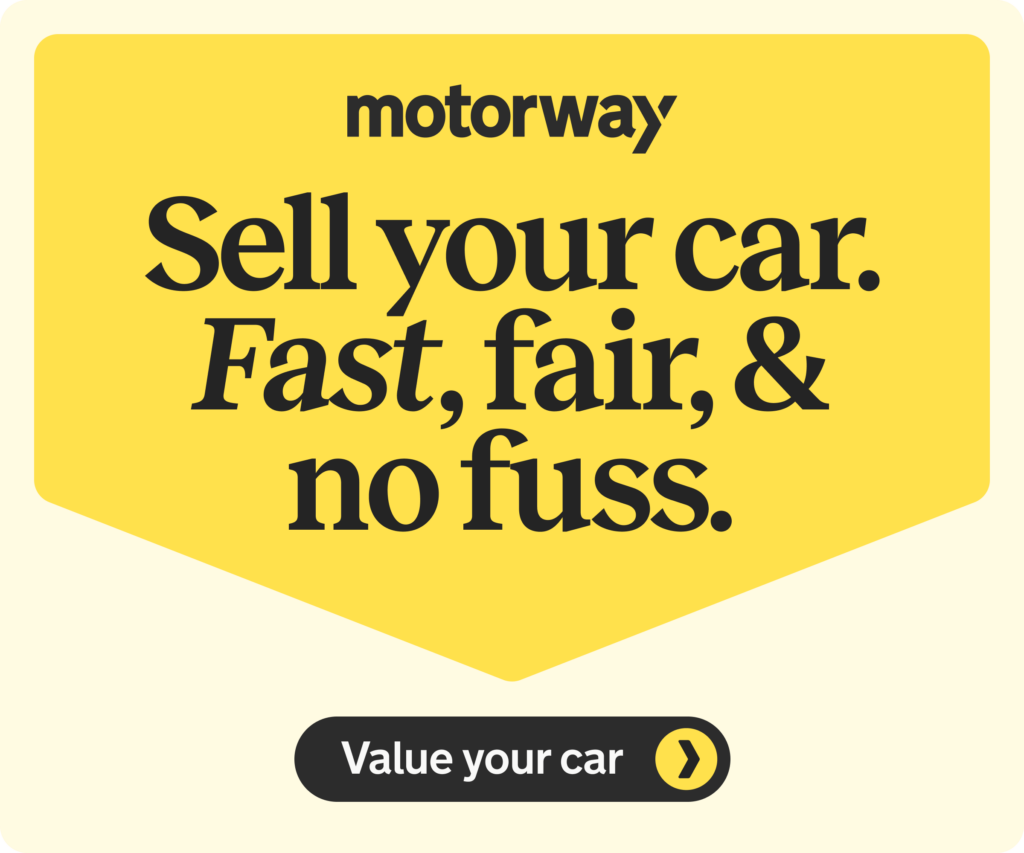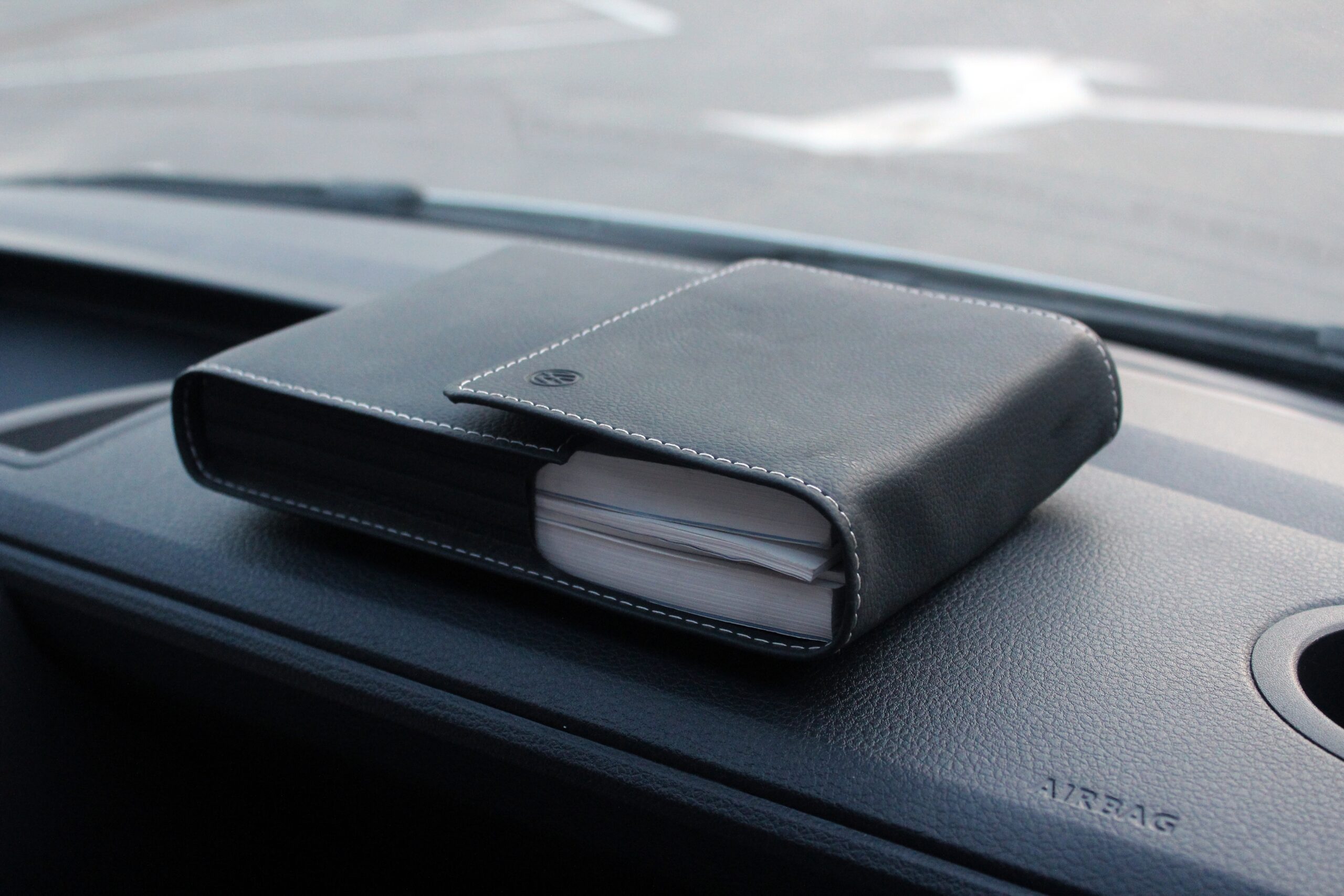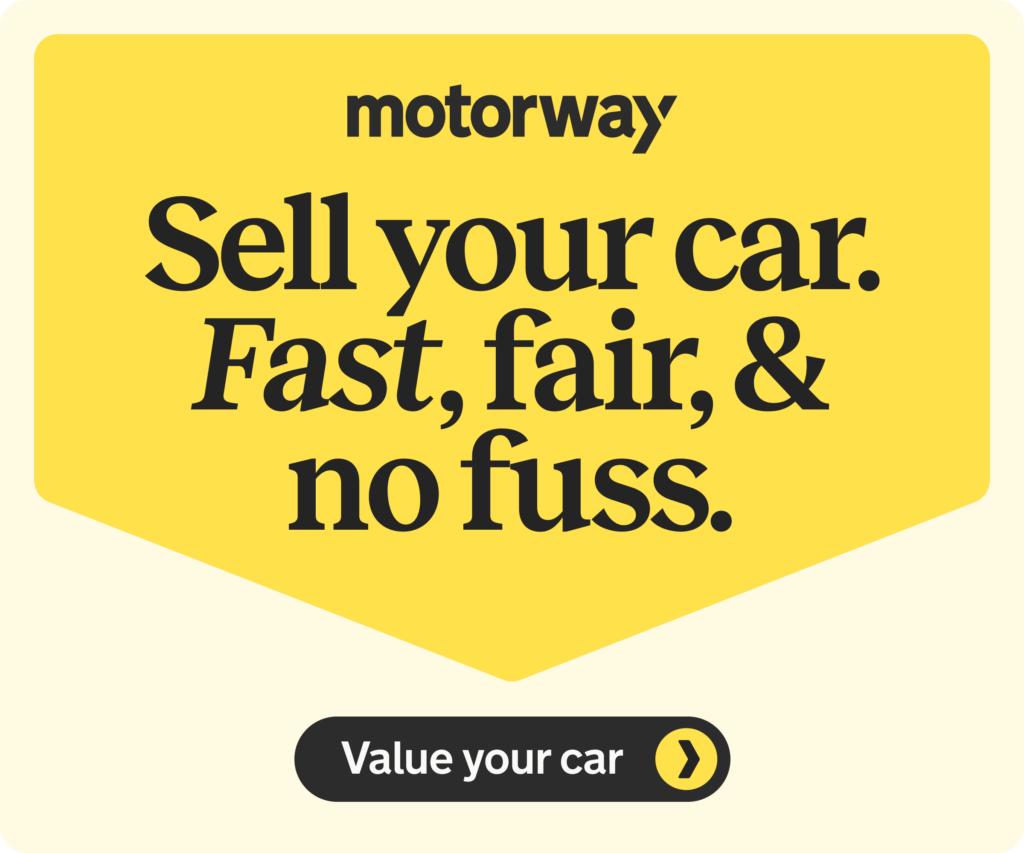It’s often hard to keep track of all those bits of paper that come with car ownership, and when it comes to selling most owners are left asking the question – what documents do I need to sell my car? Before you start your car selling journey at Motorway, it’s worth getting your documents in order.
If you aren’t an organised person you’ll end up with bits of car paperwork everywhere, MOT copies in the bin, original purchase invoice shredded long ago, service history book somewhere in the boot, and maybe even the V5C kept in your car – not ideal.

While most documentation for your car may be digital these days, from the start of ownership, it’s nevertheless still a good idea to keep any paperwork you receive related to your car ownership together in a folder, somewhere safe indoors. Then, whenever you get a new invoice or receipt, it goes straight into that folder when you get home.
Not only does it keep everything all together, but having such fastidious documentation may help increase the price of your motor when it comes to selling.
The documents you need to sell a car are as follows:
- V5C – Logbook
- Four receipts
- Service history
- MOT certificates
- Insurance repairs
- Parts receipts
- How to avoid fraud when selling a car

V5C – V5 Logbook
Your car’s V5C or logbook as it’s known is the most crucial part of the paperwork puzzle when it comes to selling your car.
Yes, you can sell a car without a V5C, but it looks incredibly dodgy and will put off many buyers.

You used to have to fill in Section 6 of the form and send it back to the DVLA to sign the ownership over to the purchaser. While you can still do this, there’s now a far easier way by completing this part online.
In a week or so the new owner will receive a fresh V5C in their name.
Four receipts
Now, this title may sound strange, but it’s not often you’ll go to view a car and buy it there and then.
Usually, you’ll have to get funds in place then return a few days later with the rest of the money. In the meantime, you place a deposit to make sure the car is yours, typically 10% should suffice.
If you place a deposit, make sure you get a receipt; otherwise, you could be conned out of a few hundred pounds.
A written receipt should include:
- Seller’s full name
- Buyer’s full name
- Vehicle details – make, model, mileage, registration number, VIN number
- Deposit paid
- Date
- Signatures for both parties
Some buyers will stipulate that you must return by a specific date with the rest of the money or the car will be put up for sale and you’ll lose your deposit. If this is the case, make sure that is written down on the receipt.
You need two copies of the deposit receipt, one for you and one for them.
When you return to purchase the car you’ll need to write out the same receipt again, but this time with the outstanding amount less the deposit. One copy for you, one copy for them, so in total four receipts if you’ve placed a deposit.
Service history
Do you remember that book that sits in your glovebox, not the manual, the other one? Well, that should be stamped by the dealership whenever you take your car in for a service.
Remember this, and check to make sure it’s been stamped whenever they hand the keys back to you. A full-service history is a big selling point, it shows that a car has been well looked after and will help to increase its value.

If your service book hasn’t been stamped, try and find the receipts for the services. That will either prove you’ve had the work done, or if you still want the book stamped you could go back to the garage or dealership, receipts in hand, and ask for the book to be filled out.
MOT certificates
This is more of a ‘nice to have’ as all your MOT tests since around 2006 are now available online. But if you’re selling an older car, then it’s worth keeping or finding the physical copies.
Having your paper MOT certificates, again, shows that you care and look after your car. It goes with the whole dossier of ownership you should have collected over the years.
Insurance repairs
It’s a sad fact, but most cars at some point in their life are likely to have been knocked, hit, or damaged.
If you can get hold of a copy of the work carried out, either privately or through an insurance company, it can go a long way to reassure a potential buyer.
The same goes for any remedial repair work you’ve had carried out before putting your car up for sale.
Again, both show a meticulous nature and your honesty will help sell your vehicle without the buyer having any nagging doubts creeping in.
Parts receipts
As above, it’s worth keeping any and all parts receipts you have. This especially applies to older cars where you’re more likely to have had work carried out at an independent dealership.
Or, for example, if you purchase and fit your own parts. Knowing what’s been fitted to the car they’re about to buy and how long ago it was put on can help seal a sale.
What proof of purchase do I need to sell a car with Motorway?
In order to sell a car with Motorway you must have proof of purchase if you have bought you car in the past six months. This must be a valid VAT receipt for the dealer you purchased the car from.
Please note, Motorway does not list cars that have been purchased from private sellers (and not a dealer) within the last six months.
How to avoid fraud when selling your car
When it comes to selling a car, there are a lot of potential ways you could be scammed out of money, or your car entirely.
Follow these brief bullet points, and you should be able to keep yourself safe:
- Only accept cash in full or a CHAPS bank transfer
- If accepting a cheque arrange a date for the buyer to collect once funds have cleared
- Don’t allow payment via PayPal, Western Union or other money transfer services
- Always accompany test drives
- Never give the buyer your keys, until you’ve had full payment
- Have a family or friend present when buyers come to view your car
- Make sure the person has a valid driving licence
- Check that the buyer has insurance cover to test drive your car
- Ask for the buyers’ full address, anyone legitimate wouldn’t worry about giving you this information
- Don’t entertain anyone posing as an ‘exporter’, they’ll expect you to pay for the ‘shipping fees’ to have your car sent abroad
Selling your car is relatively straightforward, no matter if you choose a private sale, trade-in, car buying site or an online service like Motorway.
Just make sure you keep all your paperwork together and follow our fraud prevention tips, over 7 million cars are sold in the UK each year, the vast majority without an issue.

Ready to sell?
Need to sell your car, or want to understand more about documentation or maintenance? Check out more of our guides here, covering everything from the paperwork you need when buying and selling, to various notices you may need to file with the UK’s driver and vehicle licensing agency.
